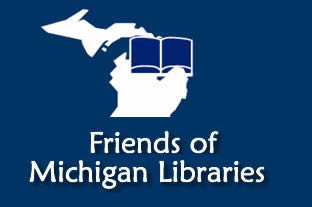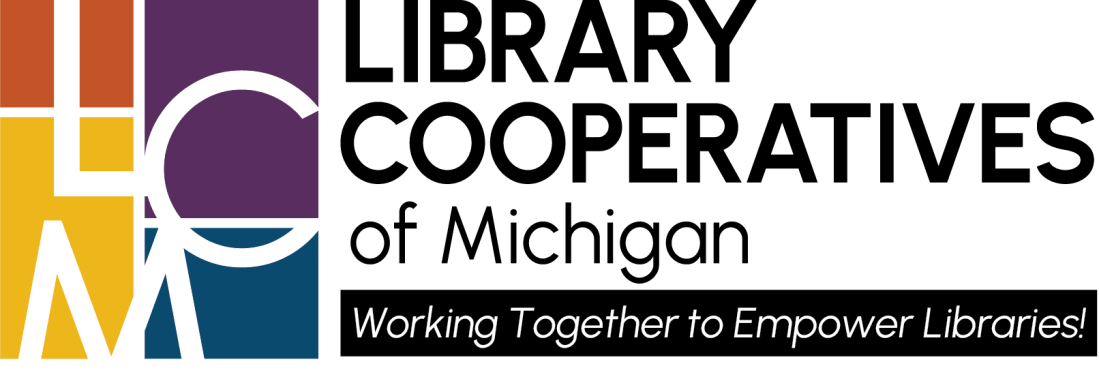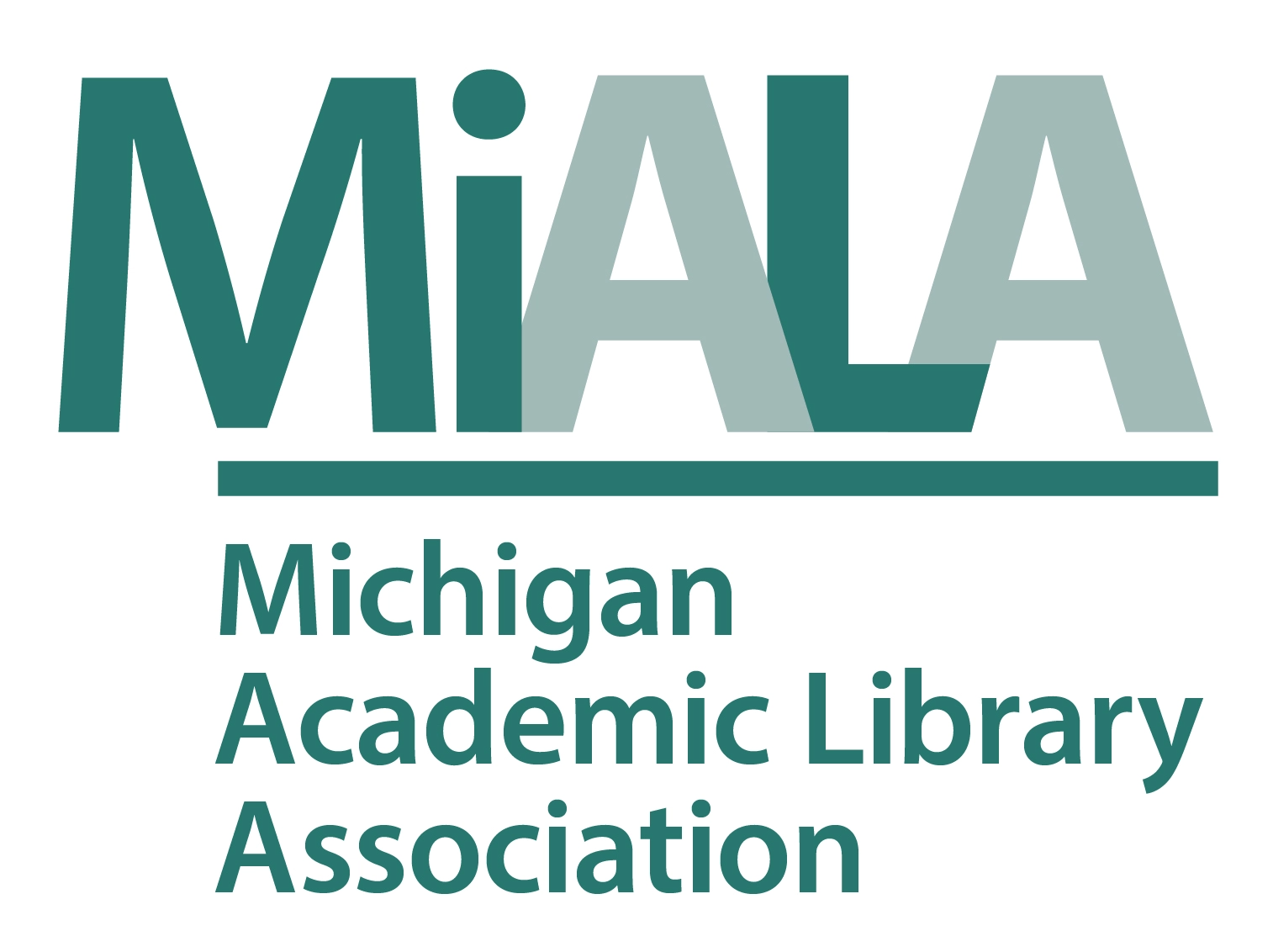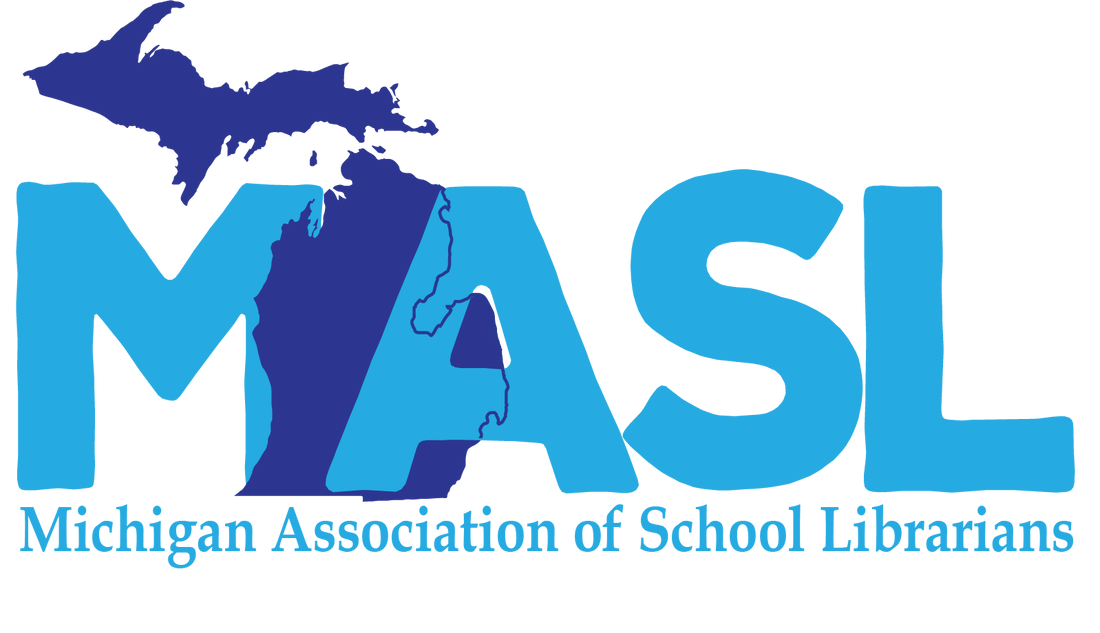
MLA Advocacy Action Plan | Priority Areas | Bill Tracker | Call To Action | Find Your Legislators | How to be a Good Advocate | Position Statements | Intellectual Freedom resources | Advocacy News
Millages and Tax capture - MLA Advocacy Priority Area
On average, Michigan Libraries depend on locally dedicated millages for 77% of their funding and this number is increasing nearly 1% each year. At the same time, diminishing property values reduce tax revenues, and DDAs and TIFAs are constantly siphoning their dedicated millages. While millages aren’t the sole source of revenues for libraries, none is more important. Everyone is familiar with how property taxes have declined in value and collection in recent years, which obviously has impacted the library's ability to sustain all its operations.
A millage is a tax on property, levied at the local, municipal level after being approved through a popular vote on a ballot initiative. The millage is the amount per $1,000 of the taxable value of property. For example, a 1 mill tax rate on a home valued at $100,000 would generate $100 in taxes.
In 2016, MLA spearheaded legislation that provided relief for libraries from tax capture from six entities* listed here:
- Downtown Development Authorities
- Tax Increment Finance Authorities
- Local Development Finance Authorities
- Corridor Improvement Authorities
- Water Resource Improvement Authorities
- Historical Neighborhood Improvement Authorities
(*The law does not affect the ability of Brownfield Redevelopment Authorities to capture library millages)
These were PA 505-510 of 2016, which later became The Recodified Tax Increment Financial Act, PA 57 of 2018. The new law exempts any library millage approved by voters after January 1, 2017 from tax capture. Millages approved prior to that could opt out if there aren’t existing bond obligations or long term debt.
The law allows libraries to determine if tax capture is right for their patrons, by stopping them from being automatic. Libraries wishing to participate in capture by an Authority need to file a resolution to opt in. This has created greater transparency and brought all parties to the table to determine if a partnership through tax capture would be beneficial.
Libraries may also exempt taxes collected pursuant to library millages levied before Jan. 1, 2017 if the TIF Authority alters or amends the boundaries of the authority district or extends the duration of the existing finance plan. In order to exempt these millages, the library board (or commission) must adopt a resolution declaring all or a portion of its taxes exempt from capture within 60 days following the public hearing, and the resolution must be filed with the clerk of the municipality.
Finally, certain city libraries are subject to additional restrictions in that any of the above described actions by the library board must also be approved by the chief executive officer of the city.
MLA continues to monitor and address introduced legislation that would adversely affect tax capture. In 2023, we are actively engaged in supporting SB0243 which changes the approval process for capture of library millage funds by a city.
MLA's Statement in Opposition to Any Restrictions to Millage Dates by the Michigan Legislature
In Michigan, all federal, state, county, township, city, village and school elections are restricted to three dates each year: May, August, and November. The law already limits a municipality from going to voters more than two times in any calendar year. While limiting, election dates offered three times each year continue to provide libraries and other municipal and school bodies flexibility on imposing new millages or increasing or renewing an existing millage.
MLA opposes any restrictions to reduce the number of millages each year for libraries by the Michigan legislature. We oppose these changes for the following reasons:
- A millage loss could very well close the doors permanently for a library, so alternative dates to re-present their proposal to their community during the calendar year is essential. Restrictions to the number of times each year that a millage can be brought before voters is already limited. There is no wiggle room if a millage fails and libraries get only one shot per year.
- If voters can only vote in November, it could potentially take years before any new municipalities could be added within the boundaries of a district library to increase service.
- Prior to voter reforms like “No Reason Absentee Voting” we know that November ballots were huge, packed often with convoluted and confusing ballot proposals and local ballots are often lost in the shuffle placed after lengthy state proposals and causing delays at polling locations and voter frustration.
- Since the Headlee Amendment causes millages to roll back beginning in the year they are authorized, this will cause further erosion of revenue from property taxes as libraries would certainly begin their process years prior to the actual vote.
- Ballot language is complex and requirements for elections could create a problem whereas a library would miss their opportunity to be on the ballot until the next election. If it is limited to only the November elections, the library would not have a millage or budget to operate under while waiting.
MLA will continue to watch for bills that would limit elections to less than three times yearly and will call on our MLA Members to stand in opposition if necessary if we see any movement.
|













